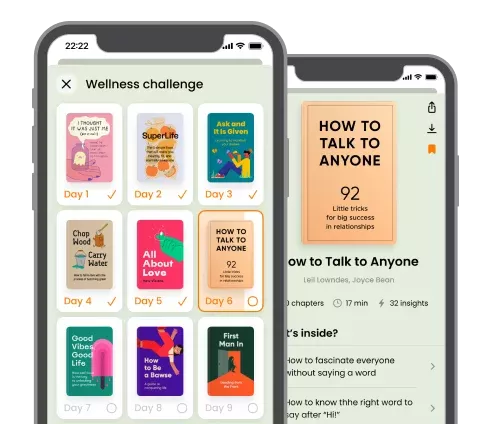23 Best Books Exploring Human Nature and Behavior
Human nature, the study of the innate characteristics and behaviors of humans, is a crucial topic that sheds light on our actions, decisions, and interactions with others. Our curated list of the top books on human nature offers valuable insights and perspectives from experts in the field, allowing readers to deepen their understanding of what makes us uniquely human.
Immerse yourself in this carefully curated selection to uncover the complexities of human behavior, psychology, and evolution, offering you a fresh perspective on the world. Enhance your expertise in understanding human nature and make a significant impact on your personal and professional relationships. Start your journey today towards a profound understanding of human nature with our thoughtfully chosen book list.
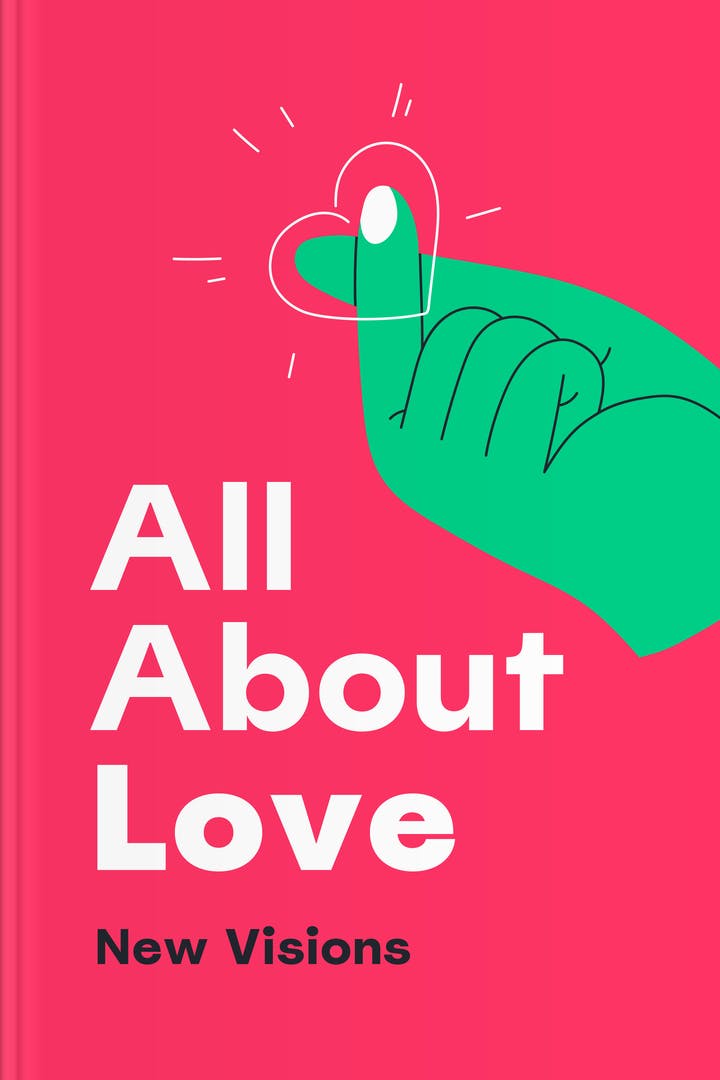 1
1All About Love
by Bell Hooks
What is All About Love about?
In this thought-provoking book, the author delves into the complexities of love, exploring its various forms and the impact it has on our lives. With a focus on dismantling societal norms and challenging traditional notions of love, the author offers new perspectives and insights on how we can cultivate love in our relationships, communities, and within ourselves. Through personal anecdotes and cultural analysis, this book invites readers to reimagine love as a transformative force for social change.
Who should read All About Love
Individuals seeking a deeper understanding of love's transformative power.
Couples looking to cultivate healthier and more fulfilling relationships.
Activists and social justice advocates exploring the intersection of love and liberation.
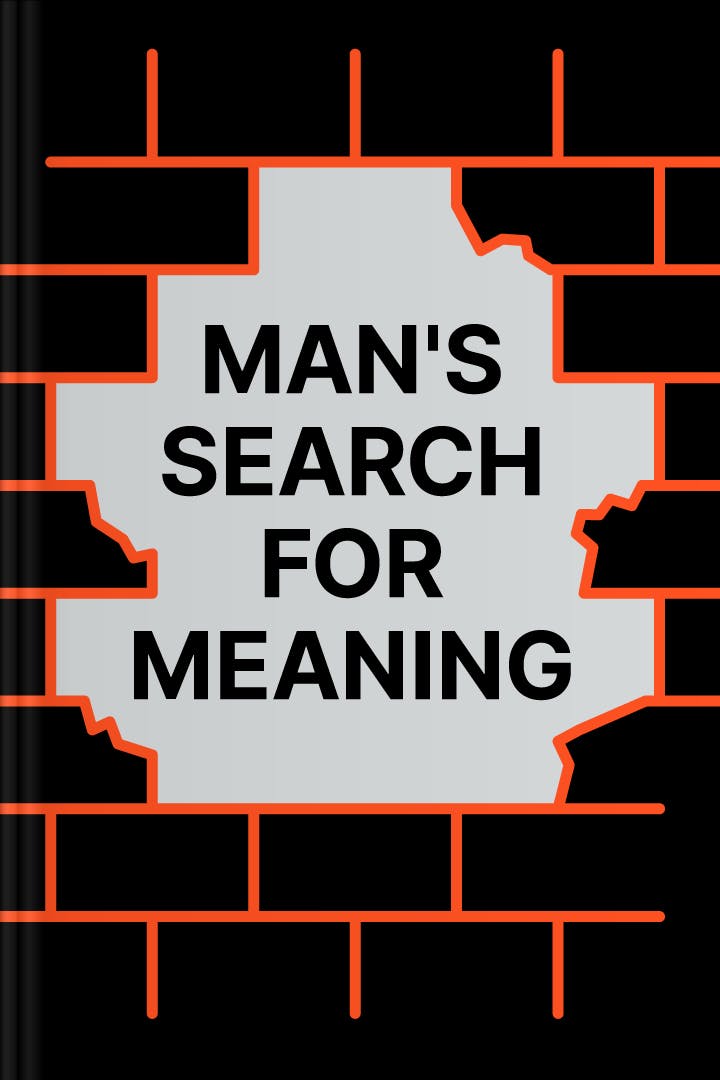 2
2Man’s Search for Meaning
by Viktor E. Frankl
What is Man’s Search for Meaning about?
In this profound and thought-provoking book, a renowned psychiatrist shares his experiences as a prisoner in Nazi concentration camps during World War II. Through his harrowing journey, he explores the depths of human suffering and resilience, ultimately revealing the importance of finding meaning in life even in the most challenging circumstances. With profound insights and a powerful message, this book offers a unique perspective on the human condition and the pursuit of happiness.
Who should read Man’s Search for Meaning
Individuals seeking to find purpose and meaning in their lives.
Psychologists and mental health professionals interested in existential therapy.
Anyone looking for inspiration and insight into the human condition.
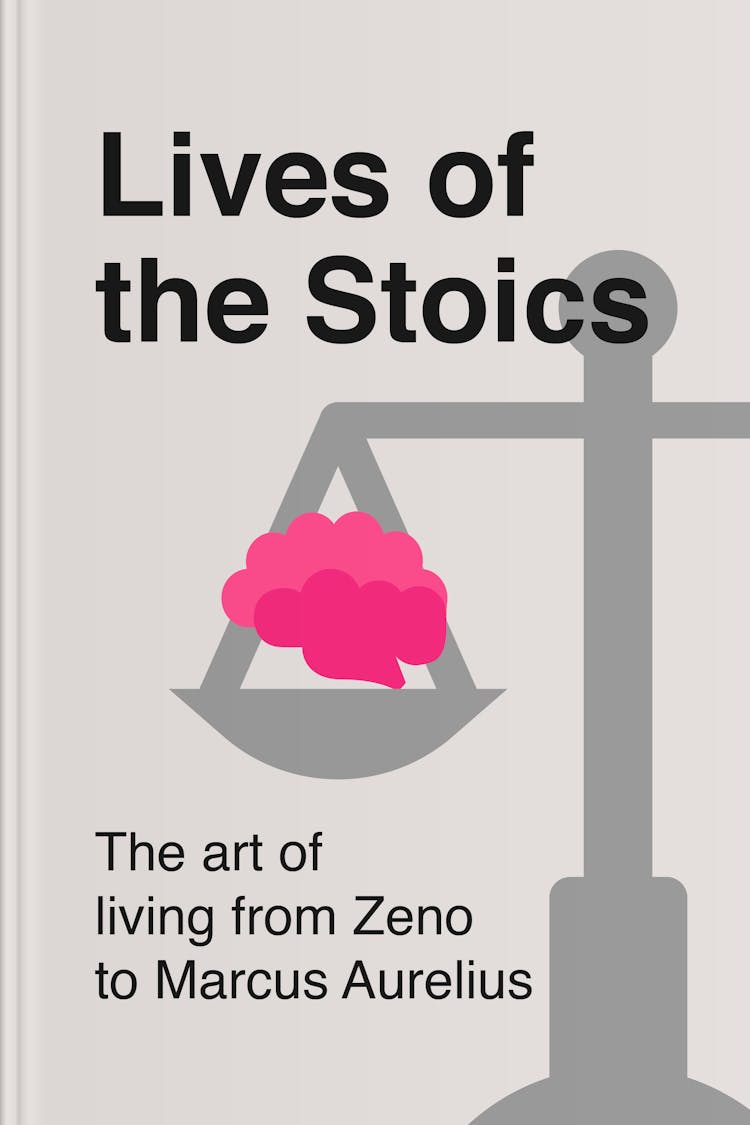 3
3Lives of the Stoics
by Ryan Holiday, Stephen Hanselman
What is Lives of the Stoics about?
"Lives of the Stoics" explores the teachings and philosophies of ancient Stoic thinkers, from Zeno to Marcus Aurelius. This insightful book delves into the lives of these influential figures, revealing their wisdom and practical advice on how to navigate life's challenges. With a blend of historical anecdotes and modern interpretations, the authors offer a compelling guide to applying Stoic principles in our own lives, fostering resilience, inner peace, and a meaningful existence.
Who should read Lives of the Stoics
Philosophy enthusiasts seeking to explore the teachings of ancient Stoics.
Individuals interested in adopting Stoic principles for personal growth.
History buffs intrigued by the lives of influential Stoic philosophers.
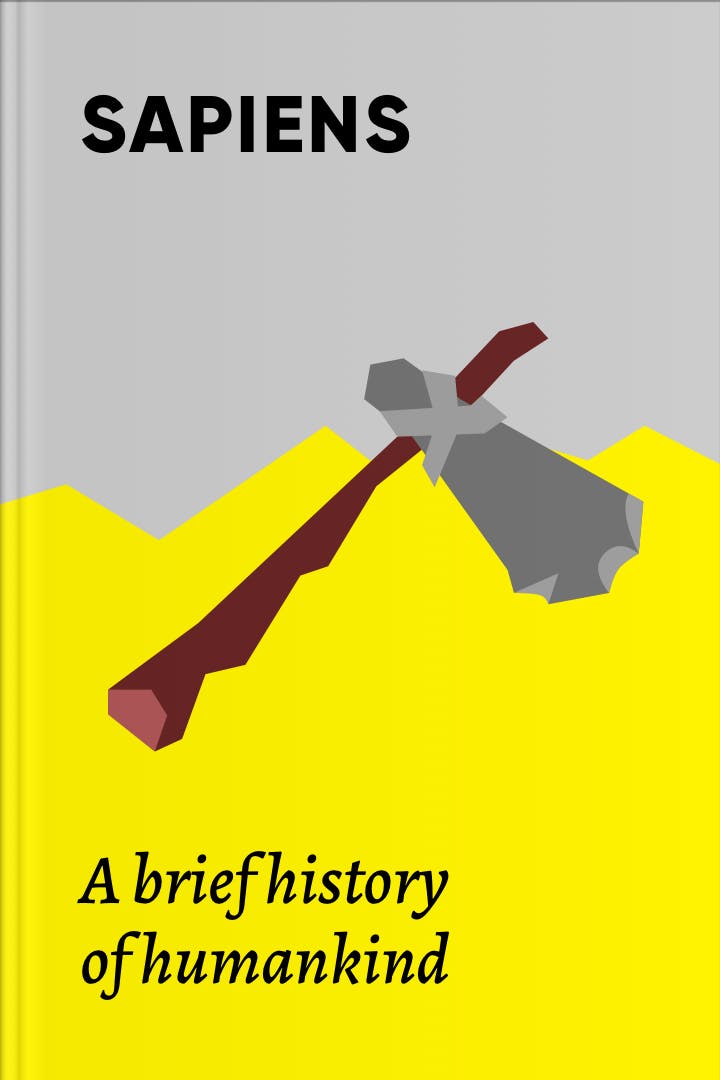 4
4Sapiens
by Yuval Noah Harari
What is Sapiens about?
In this thought-provoking book, the author takes readers on a captivating journey through the history of humankind. From the emergence of Homo sapiens to the present day, Harari explores the key milestones that shaped our species, including the agricultural revolution, the rise of empires, and the impact of technology. With a blend of science, anthropology, and philosophy, "Sapiens" offers a compelling and insightful perspective on the past, present, and future of humanity.
Who should read Sapiens
History enthusiasts seeking a comprehensive understanding of human evolution.
Philosophers and thinkers exploring the origins of human existence.
Students and academics studying anthropology and the development of civilizations.
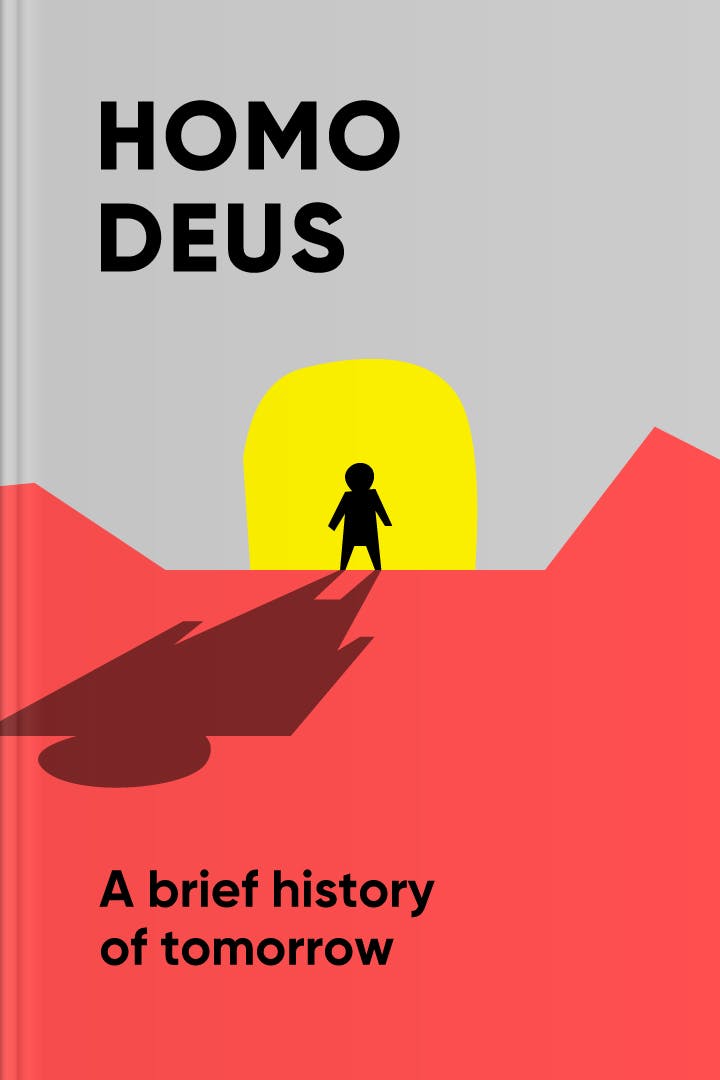 5
5Homo Deus
by Prof. Yuval Noah Harari
What is Homo Deus about?
In this thought-provoking book, a renowned professor explores the future of humanity. Drawing on history and cutting-edge science, the author delves into the potential paths that Homo sapiens may take in the coming years. From advancements in technology to the rise of artificial intelligence, this captivating exploration challenges our understanding of what it means to be human and offers a glimpse into the possibilities that lie ahead.
Who should read Homo Deus
Futurists and technology enthusiasts seeking insights into humanity's future.
History buffs interested in understanding the evolution of human society.
Philosophers and thinkers exploring the implications of technological advancements.
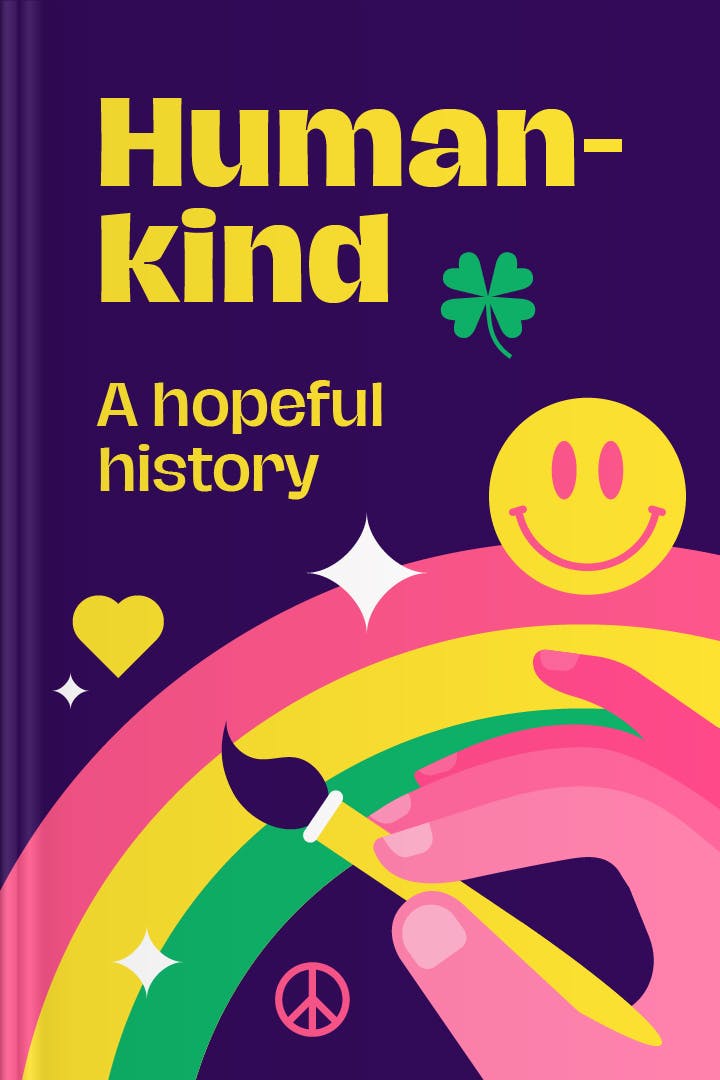 6
6Humankind
by Rutger Bregman
What is Humankind about?
In this thought-provoking book, Rutger Bregman challenges the prevailing belief that humans are inherently selfish and driven by self-interest. Drawing on a wealth of historical evidence and psychological research, he presents a compelling argument that humans are fundamentally good and cooperative beings. Bregman explores how this understanding can reshape our society, offering a hopeful vision for a more compassionate and empathetic future.
Who should read Humankind
Anyone seeking a fresh perspective on human nature and society.
Social scientists and historians interested in reevaluating humanity's potential.
Individuals looking for inspiration and hope in turbulent times.
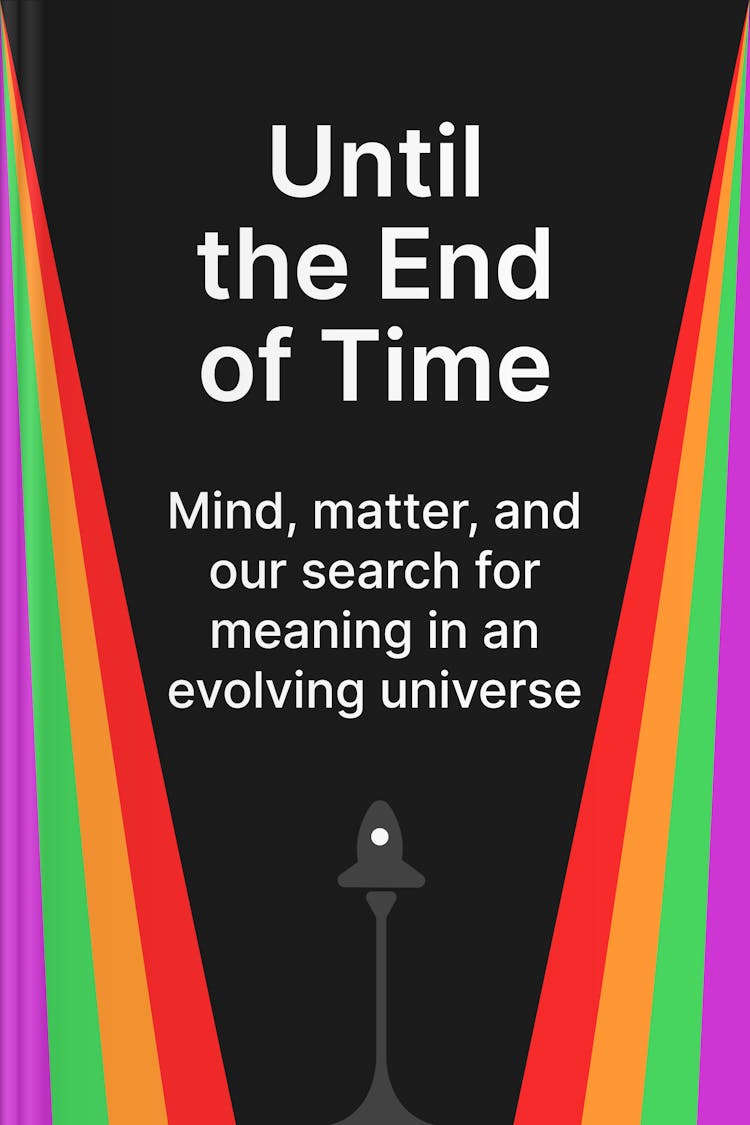 7
7Until The End of Time
by Brian Greene
What is Until The End of Time about?
In this thought-provoking exploration, a renowned physicist delves into the deepest questions of existence. Brian Greene takes readers on a captivating journey through the realms of science, philosophy, and spirituality, unraveling the mysteries of the universe and our place within it. From the origins of the cosmos to the complexities of consciousness, "Until The End of Time" offers a profound reflection on the nature of reality, the human experience, and the eternal quest for meaning.
Who should read Until The End of Time
Science enthusiasts seeking a deep exploration of the universe's mysteries.
Philosophers and thinkers pondering the nature of existence and purpose.
Curious individuals eager to understand the interconnectedness of mind and matter.
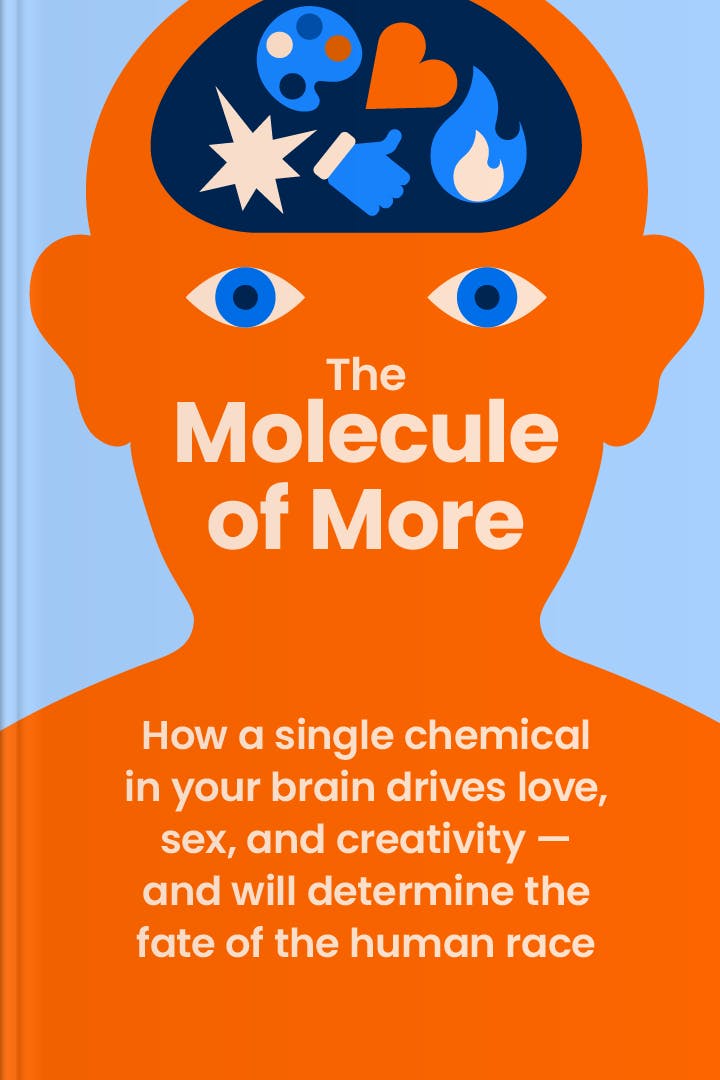 8
8The Molecule of More
by Daniel Z. Lieberman, MD, Michael E. Long
What is The Molecule of More about?
"The Molecule of More" explores the profound impact of a single chemical in the brain on various aspects of human life. Written by Daniel Z. Lieberman, MD, and Michael E. Long, this captivating book delves into how this chemical influences love, sex, and creativity. It also delves into the potential consequences it holds for the future of the human race. With insightful research and engaging storytelling, the authors shed light on the intricate workings of our brains and the powerful forces that shape our behavior.
Who should read The Molecule of More
Individuals interested in understanding the intricate workings of their brain's chemistry and its impact on love
sex
and creativity.
Psychology enthusiasts seeking insights into the role of dopamine in shaping human behavior and its potential consequences for our species.
Readers curious about the interplay between neurobiology
relationships
and the future of humanity.
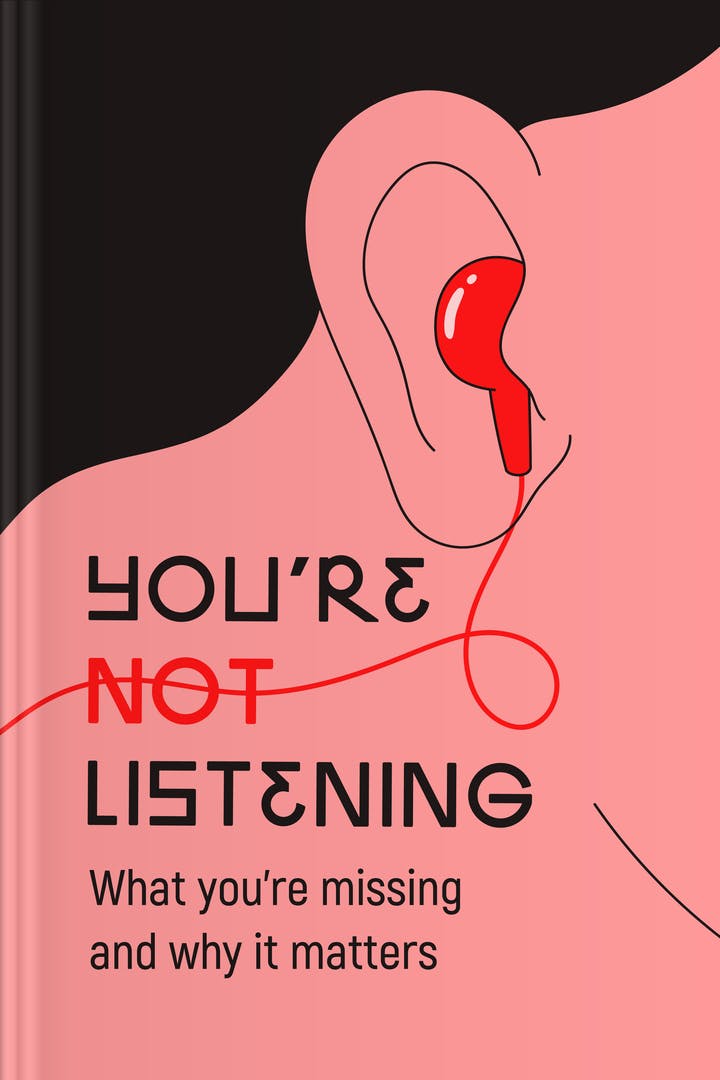 9
9You’re Not Listening
by Kate Murphy
What is You’re Not Listening about?
In this thought-provoking book, the author delves into the lost art of listening and its profound impact on our lives. Through captivating stories and insightful research, she explores the reasons behind our collective failure to truly listen and offers practical strategies to improve our listening skills. With a blend of science and storytelling, "You're Not Listening" sheds light on the importance of genuine connection and understanding in a world filled with distractions.
Who should read You’re Not Listening
Anyone seeking to improve their communication skills and relationships.
Individuals interested in understanding the impact of listening on society.
Professionals in fields such as counseling
therapy
or leadership.
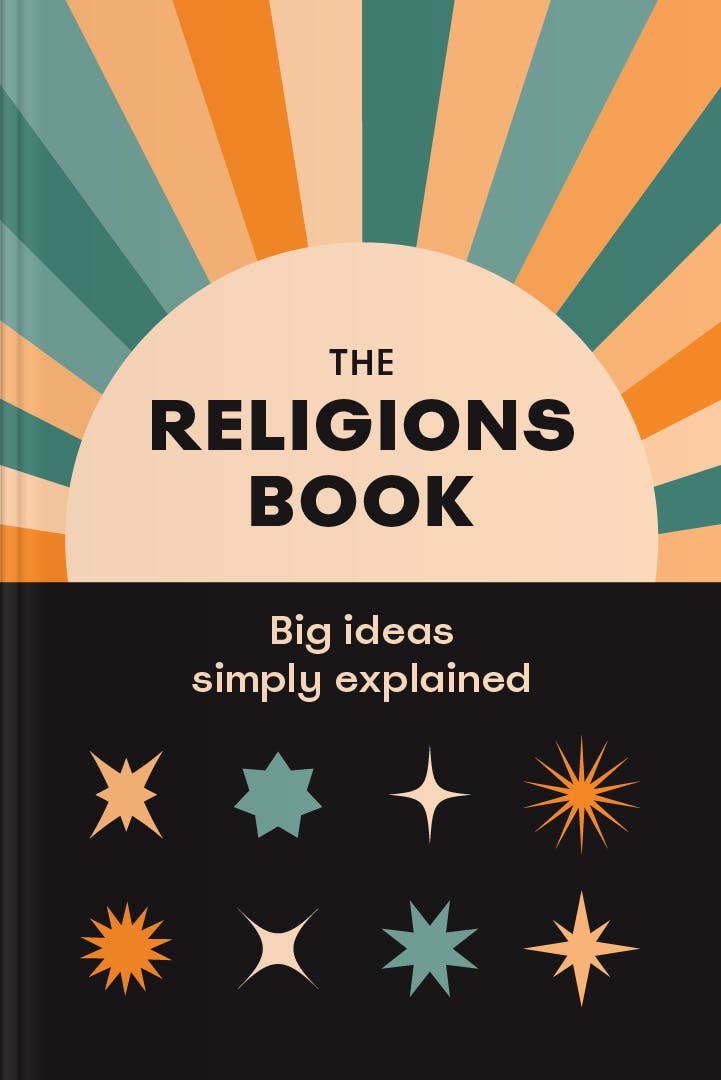 10
10The Religions Book
by DK & Neil Philip
What is The Religions Book about?
"The Religions Book: Big Ideas Simply Explained" is a comprehensive guide that explores the major religions of the world, their beliefs, practices, and historical significance. With clear and concise explanations, accompanied by stunning visuals, this book offers a fascinating journey through the diverse and complex world of religious traditions. From ancient rituals to modern interpretations, it provides a valuable resource for anyone seeking to understand the fundamental concepts and philosophies that shape our global religious landscape.
Who should read The Religions Book
Students and scholars seeking a comprehensive overview of world religions.
Individuals interested in exploring the fundamental concepts of different faiths.
Readers looking for a concise and accessible introduction to religious beliefs.
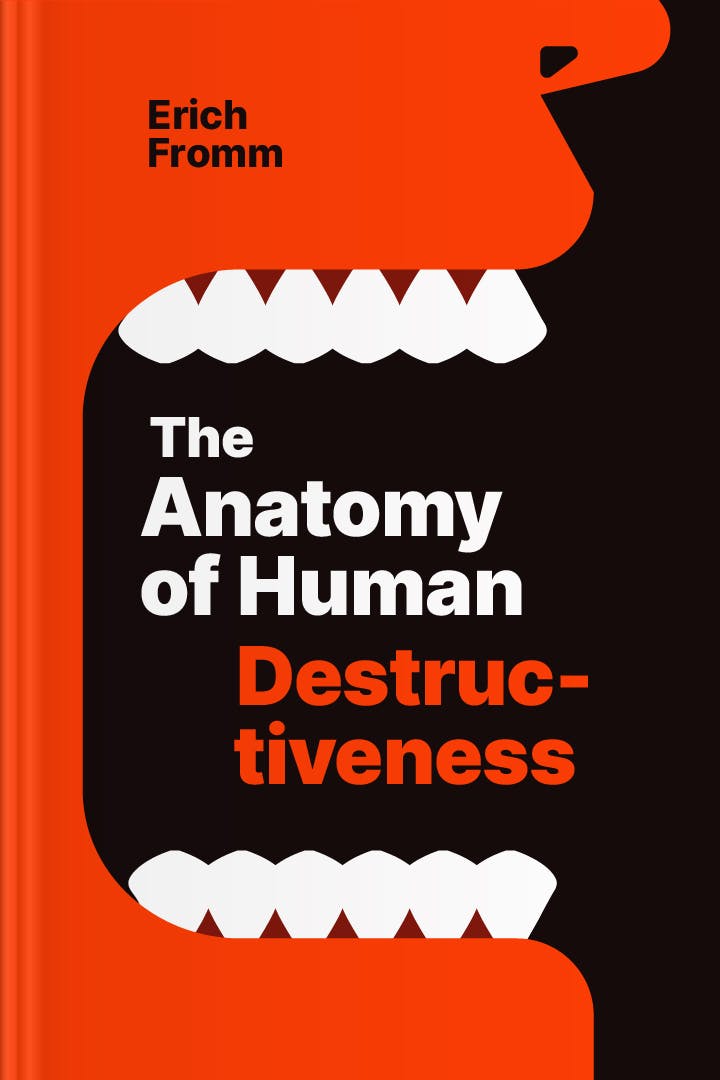 11
11The Anatomy of Human Destructiveness
by Erich Fromm
What is The Anatomy of Human Destructiveness about?
In this thought-provoking book, the author delves into the depths of human nature, exploring the roots and manifestations of destructive behavior. Fromm examines various psychological, sociological, and historical factors that contribute to the destructive tendencies within individuals and societies. With a critical eye, he analyzes the impact of power, aggression, and violence on human relationships, offering insights into the potential for transformation and the path towards a more compassionate and harmonious world.
Who should read The Anatomy of Human Destructiveness
Psychologists and mental health professionals seeking to understand human destructiveness.
Students of sociology and anthropology exploring the roots of human behavior.
Individuals interested in exploring the dark side of human nature.
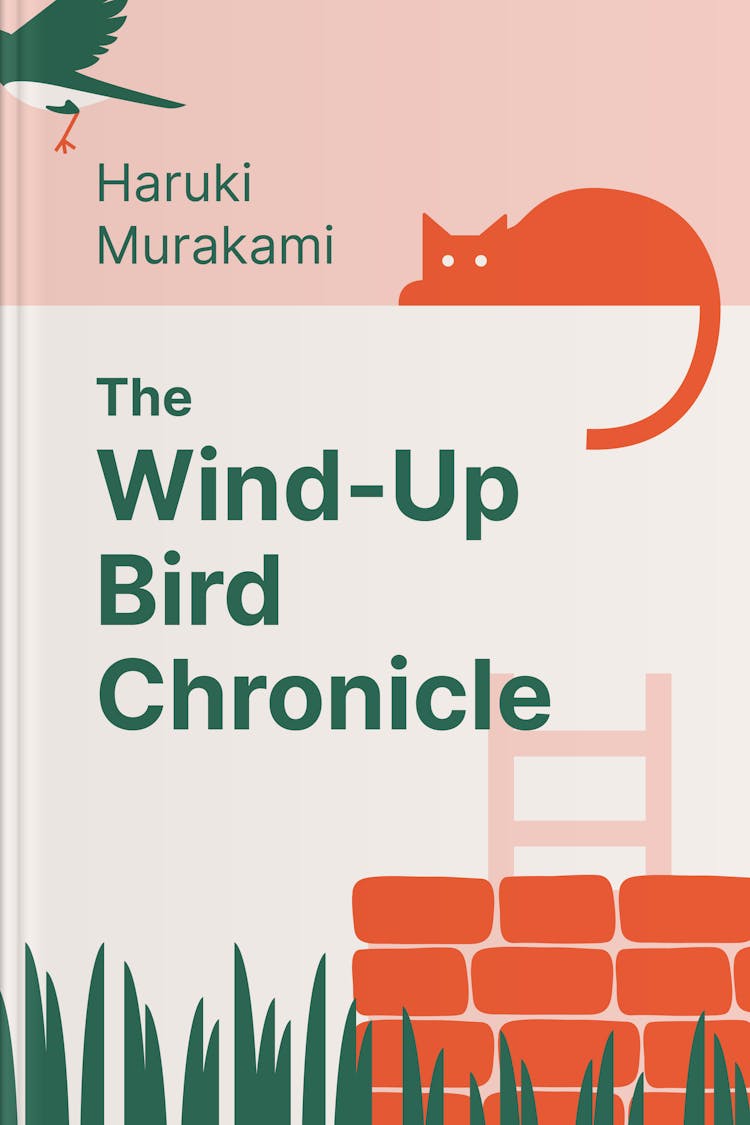 12
12The Wind-Up Bird Chronicle
by Haruki Murakami
What is The Wind-Up Bird Chronicle about?
"The Wind-Up Bird Chronicle" by Haruki Murakami is a mesmerizing and surreal tale that follows the life of a man named Toru Okada. After his cat goes missing, Toru embarks on a strange and mysterious journey that takes him deep into the realms of his own subconscious. As he delves into his past and encounters a cast of eccentric characters, Toru must confront his deepest fears and unravel the enigmatic connections between dreams, reality, and the human psyche.
Who should read The Wind-Up Bird Chronicle
Fans of surreal and thought-provoking literature.
Readers interested in exploring themes of identity and self-discovery.
Those who enjoy immersive and intricate storytelling.
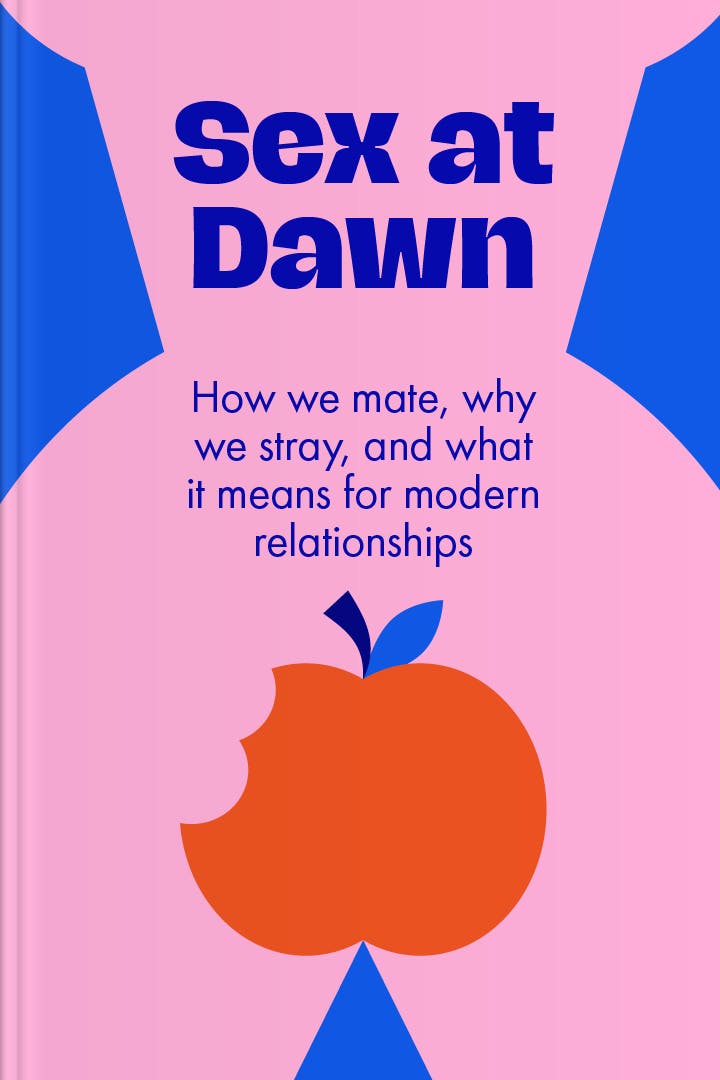 13
13Sex at Dawn
by Christopher Ryan, Cacilda Jethá
What is Sex at Dawn about?
"Sex at Dawn" explores the origins of human sexuality and challenges traditional notions of monogamy. Drawing on anthropology, biology, and psychology, the book argues that humans are not naturally inclined towards lifelong monogamy, but rather have a history of promiscuity and non-monogamous relationships. It delves into the evolutionary reasons behind our sexual behavior and offers insights into how this understanding can shape modern relationships.
Who should read Sex at Dawn
Couples seeking a deeper understanding of human sexuality and relationships.
Anthropology enthusiasts curious about the origins of human mating.
Individuals questioning the traditional norms of monogamy and fidelity.
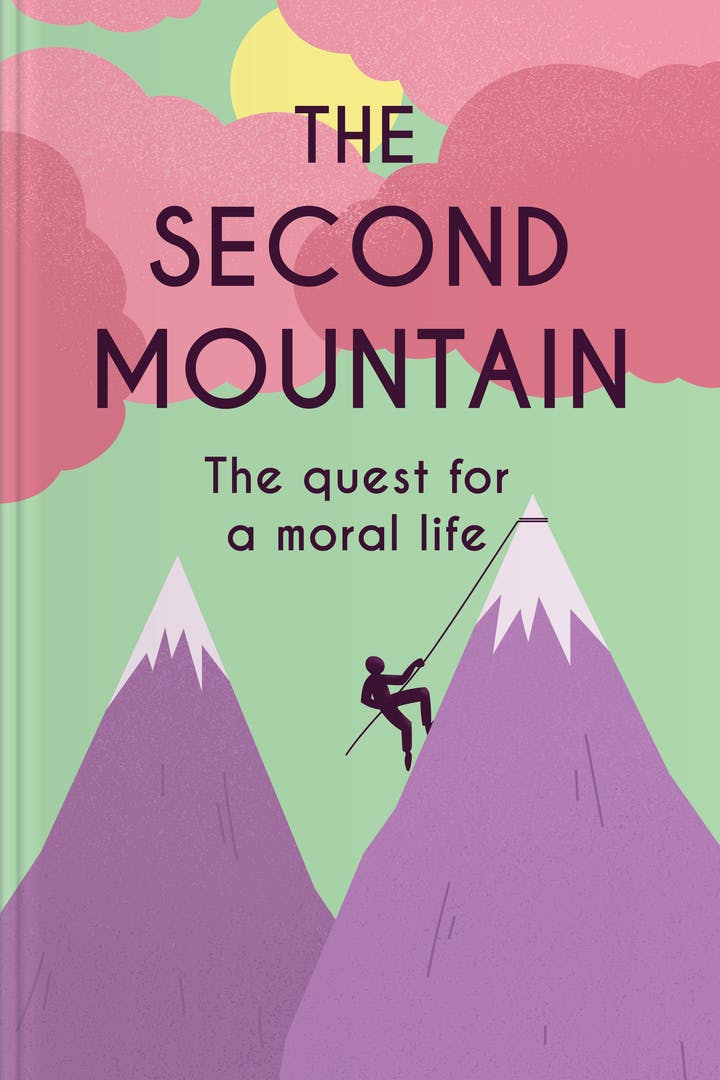 14
14The Second Mountain
by David Brooks
What is The Second Mountain about?
In "The Second Mountain: The Quest for a Moral Life," the author delves into the search for a meaningful existence beyond personal success and happiness. David Brooks explores the concept of the second mountain, representing a life dedicated to serving others and finding deeper connections. Through personal anecdotes and philosophical insights, he guides readers on a transformative journey towards a more purposeful and fulfilling life.
Who should read The Second Mountain
Individuals seeking a deeper sense of purpose and fulfillment.
Those interested in exploring the importance of community and relationships.
Readers looking for guidance on living a more meaningful life.
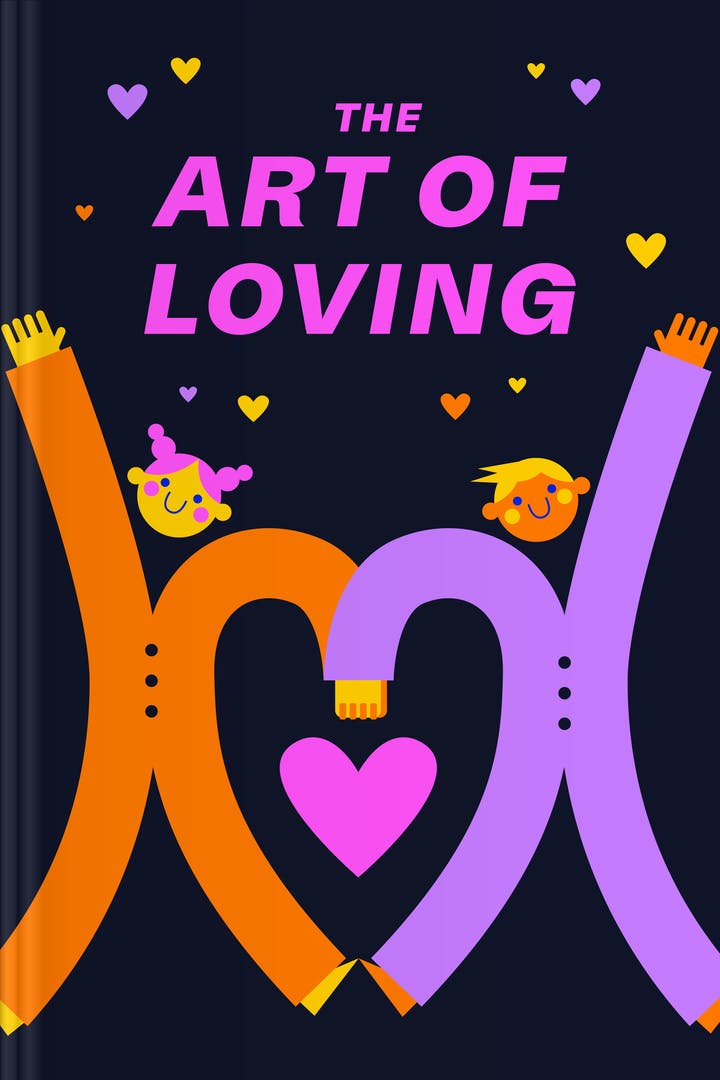 15
15The Art of Loving
by Erich Fromm
What is The Art of Loving about?
"The Art of Loving" explores the complexities of human relationships and delves into the true meaning of love. Erich Fromm, a renowned psychologist, challenges conventional notions of love and offers a profound analysis of its various forms. Fromm emphasizes the importance of self-love, understanding, and compassion in fostering healthy connections with others. This insightful book provides readers with valuable insights and practical guidance on how to cultivate and nurture love in all aspects of life.
Who should read The Art of Loving
Individuals seeking to understand the complexities of love and relationships.
Psychologists and therapists interested in exploring the psychology of love.
Anyone looking to cultivate a deeper understanding of human connection.
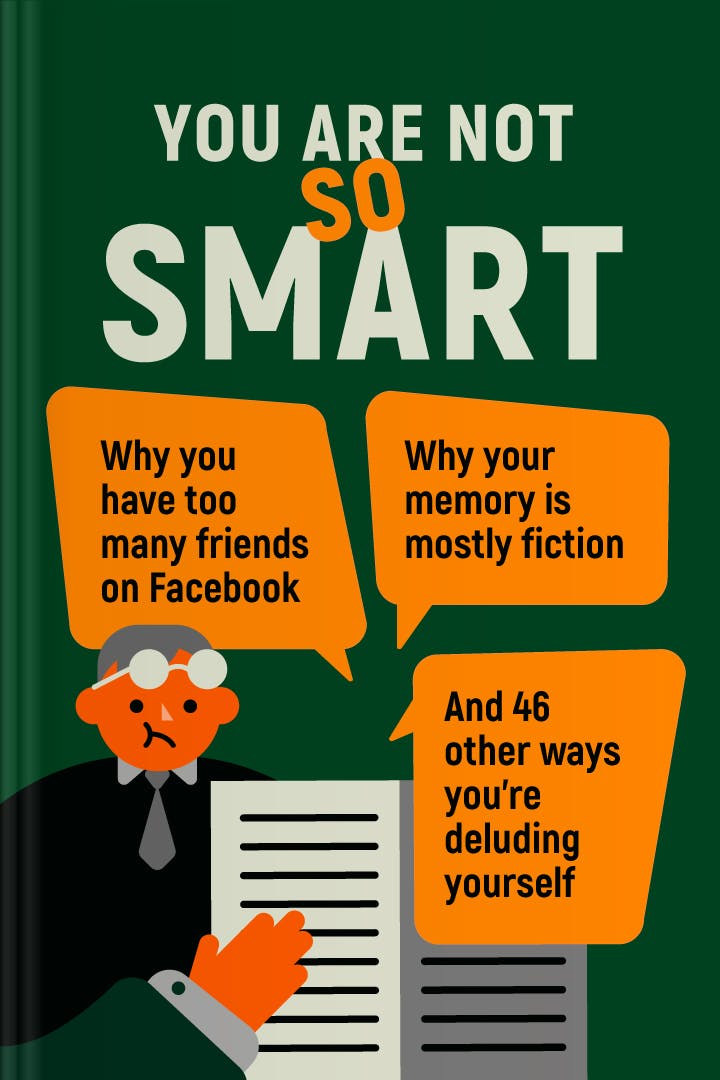 16
16You Are Not So Smart
by David McRaney
What is You Are Not So Smart about?
In this eye-opening book, the author delves into the fascinating world of human psychology to expose the numerous ways in which we deceive ourselves. From the illusion of knowledge to the power of confirmation bias, McRaney explores why we believe false information, make irrational decisions, and maintain an inflated sense of self. With wit and insight, he challenges our assumptions, revealing the quirks and biases that shape our thinking and behavior in the age of social media and beyond.
Who should read You Are Not So Smart
Anyone interested in understanding the illusions and biases of human cognition.
Social media users seeking insights into their online behavior.
Individuals curious about the fallibility of their own memories.
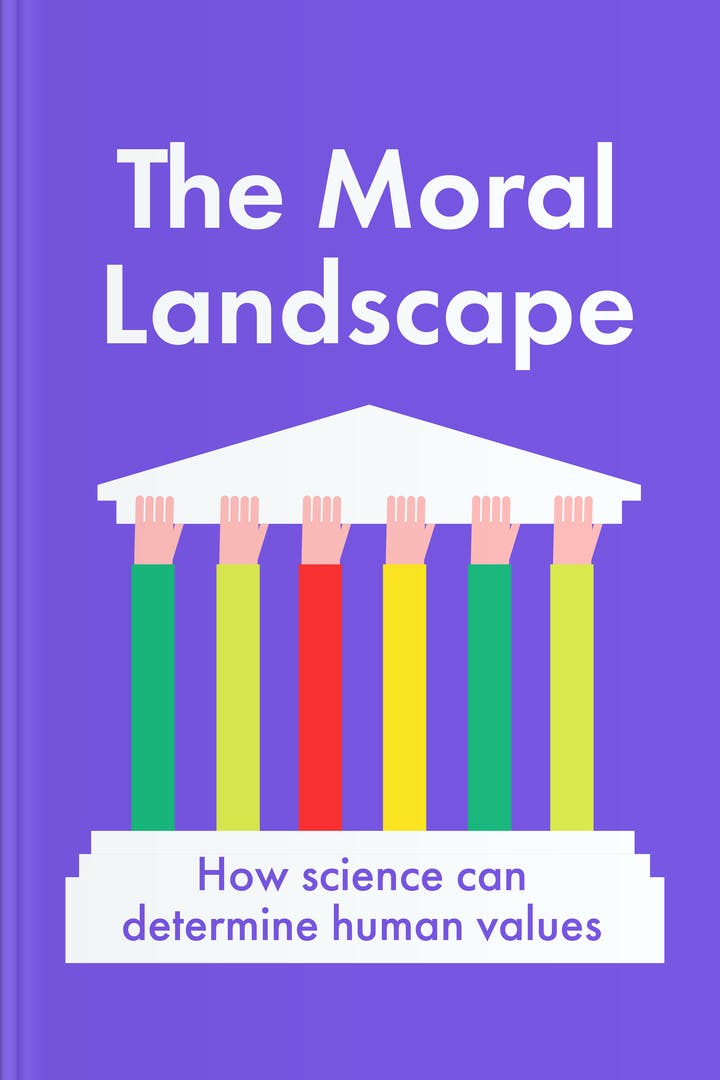 17
17The Moral Landscape
by Sam Harris
What is The Moral Landscape about?
In this thought-provoking book, the author explores the intersection of science and morality, challenging traditional beliefs about the separation of facts and values. Sam Harris argues that science can provide objective insights into human values, offering a framework to guide ethical decision-making. With a blend of neuroscience, philosophy, and psychology, Harris presents a compelling case for a scientific approach to understanding and shaping our moral landscape.
Who should read The Moral Landscape
Philosophers and ethicists seeking a scientific perspective on human values.
Science enthusiasts interested in exploring the intersection of morality and research.
Individuals questioning the traditional foundations of moral reasoning.
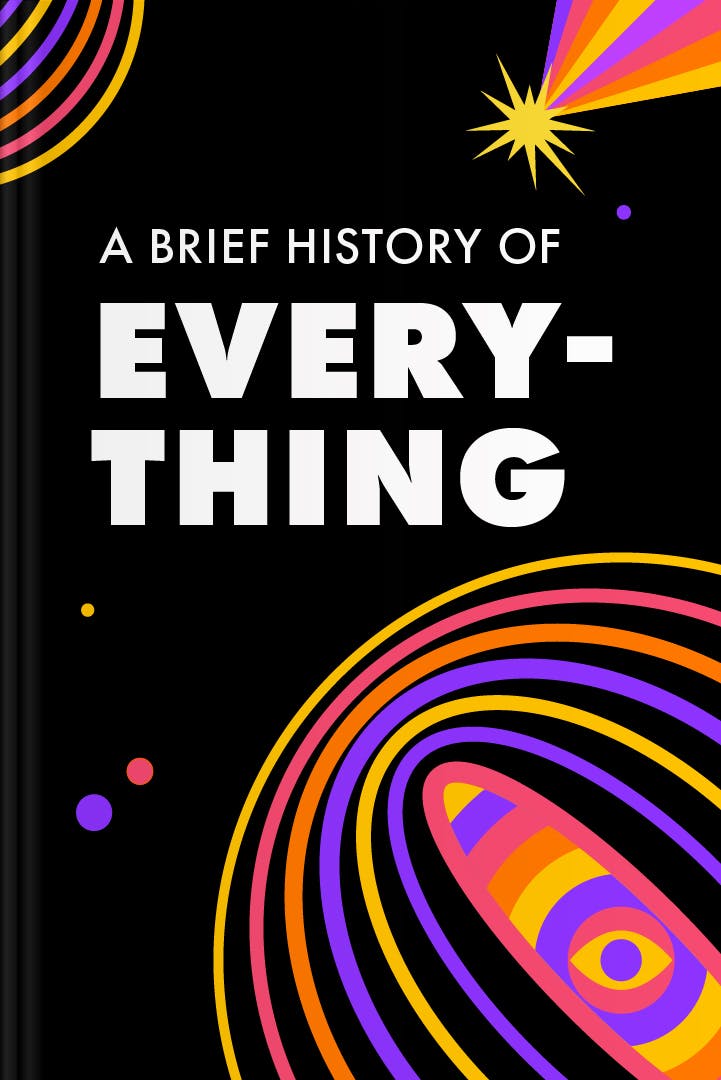 18
18A Brief History of Everything
by Ken Wilber
What is A Brief History of Everything about?
"A Brief History of Everything" is a comprehensive exploration of the evolution of human consciousness and the interconnectedness of all aspects of existence. Ken Wilber delves into various disciplines, including science, philosophy, psychology, and spirituality, to present a unified framework that encompasses the physical, mental, and spiritual dimensions of reality. This thought-provoking book offers a profound understanding of the universe, our place in it, and the potential for personal and collective transformation.
Who should read A Brief History of Everything
Philosophy enthusiasts seeking a comprehensive understanding of the universe.
Students of spirituality and consciousness exploring the interconnectedness of existence.
Individuals curious about the evolution of human thought and culture.
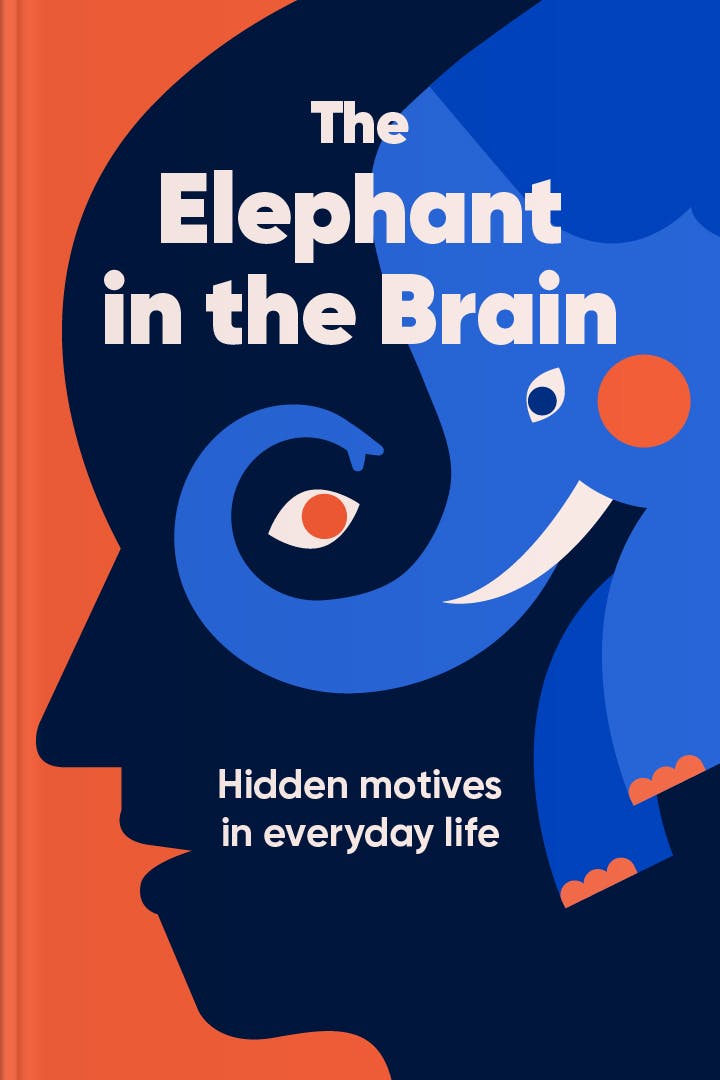 19
19The Elephant in the Brain
by Kevin Simler & Robert Hanson
What is The Elephant in the Brain about?
"The Elephant in the Brain" explores the hidden motives that drive our everyday actions, revealing the unconscious desires and self-interests that often go unnoticed. Authors Kevin Simler and Robert Hanson delve into various aspects of human behavior, from laughter and conversation to art and charity, shedding light on the underlying motivations that shape our interactions. This thought-provoking book challenges readers to question their own intentions and consider the true nature of their actions.
Who should read The Elephant in the Brain
Psychologists and social scientists interested in understanding human behavior.
Individuals curious about the hidden motives driving human actions.
Anyone seeking insights into the complexities of human psychology.
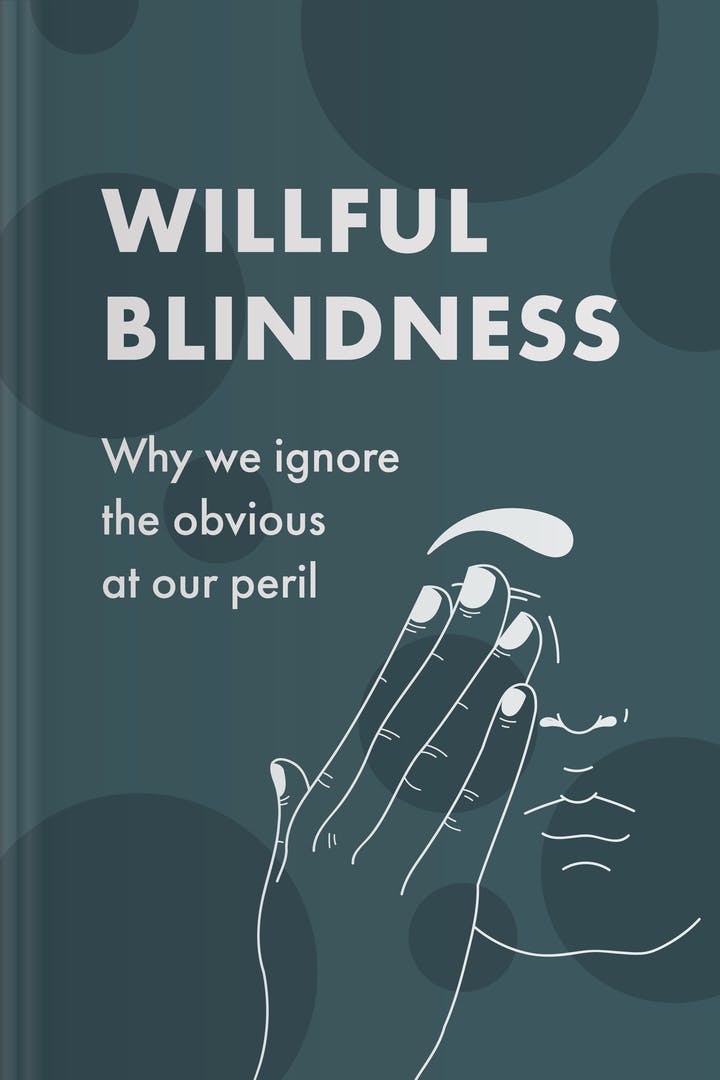 20
20Willful Blindness
by Margaret Heffernan
What is Willful Blindness about?
In this thought-provoking book, the author explores the concept of willful blindness and its consequences. Through a combination of real-life examples and psychological research, she delves into why individuals and organizations often choose to ignore the obvious, even when it poses significant risks. With compelling insights, Heffernan challenges readers to confront their own blind spots and offers strategies to overcome them, ultimately emphasizing the importance of embracing uncomfortable truths for personal and collective growth.
Who should read Willful Blindness
Business leaders seeking to understand the dangers of ignoring critical information.
Individuals interested in exploring the psychological factors behind willful ignorance.
Anyone looking to enhance their decision-making skills and avoid blind spots.
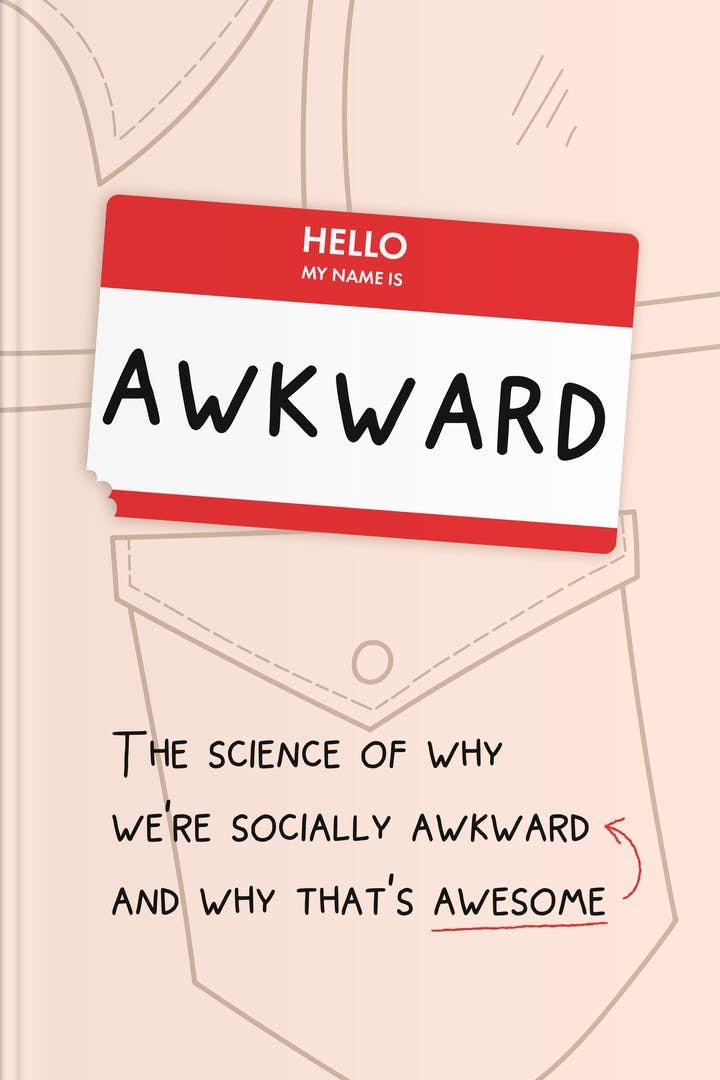 21
21Awkward
by T. Y. Tashiro
What is Awkward about?
In this insightful book, T. Y. Tashiro delves into the fascinating world of social awkwardness, exploring its causes and uncovering the hidden benefits it can bring. With a blend of scientific research and personal anecdotes, the author offers a fresh perspective on why we feel socially awkward and how it can actually be a unique strength. From understanding social cues to navigating relationships, this book provides valuable insights for anyone seeking to embrace their awkwardness and thrive in social situations.
Who should read Awkward
Introverts and socially anxious individuals seeking to understand their behavior.
Psychology enthusiasts interested in the science behind social awkwardness.
Anyone looking to embrace their quirks and celebrate uniqueness.
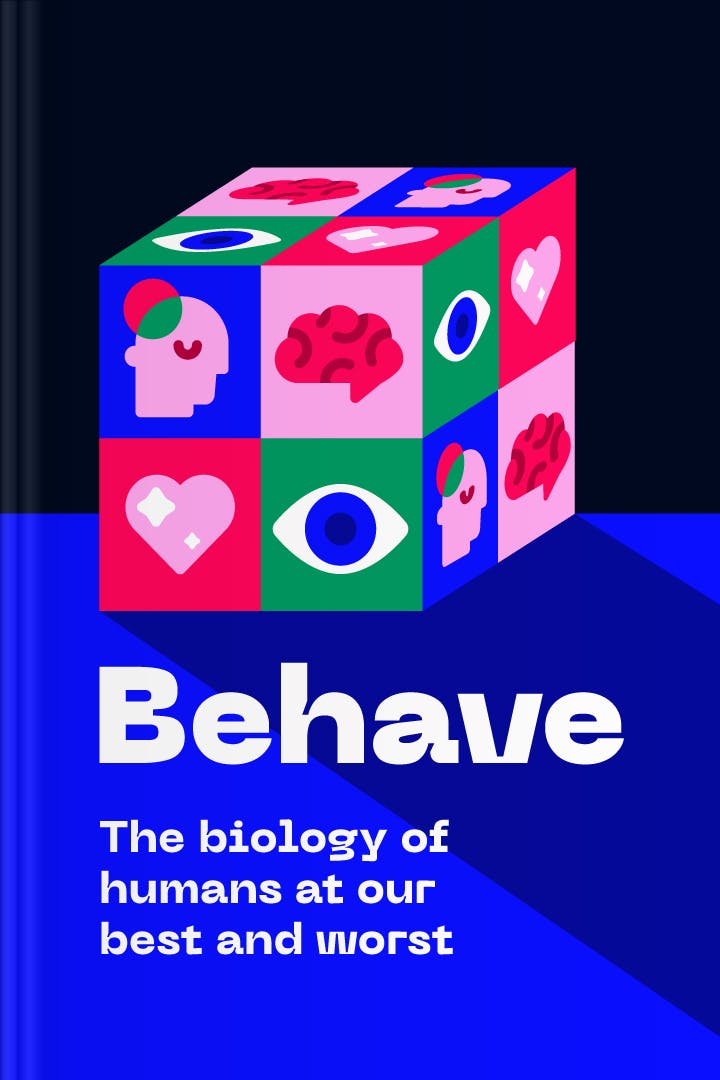 22
22Behave
by Robert M. Sapolsky, Ph.D.
What is Behave about?
In this captivating exploration of human behavior, a renowned neuroscientist delves into the intricate workings of our brains to uncover the biological roots behind our best and worst actions. From the influence of genes and hormones to the impact of childhood experiences, Sapolsky offers a thought-provoking analysis of what drives our behavior, shedding light on the complex interplay between biology and society.
Who should read Behave
Psychology students seeking a comprehensive understanding of human behavior.
Neuroscientists interested in exploring the biological basis of human actions.
General readers curious about the complexities of human behavior.
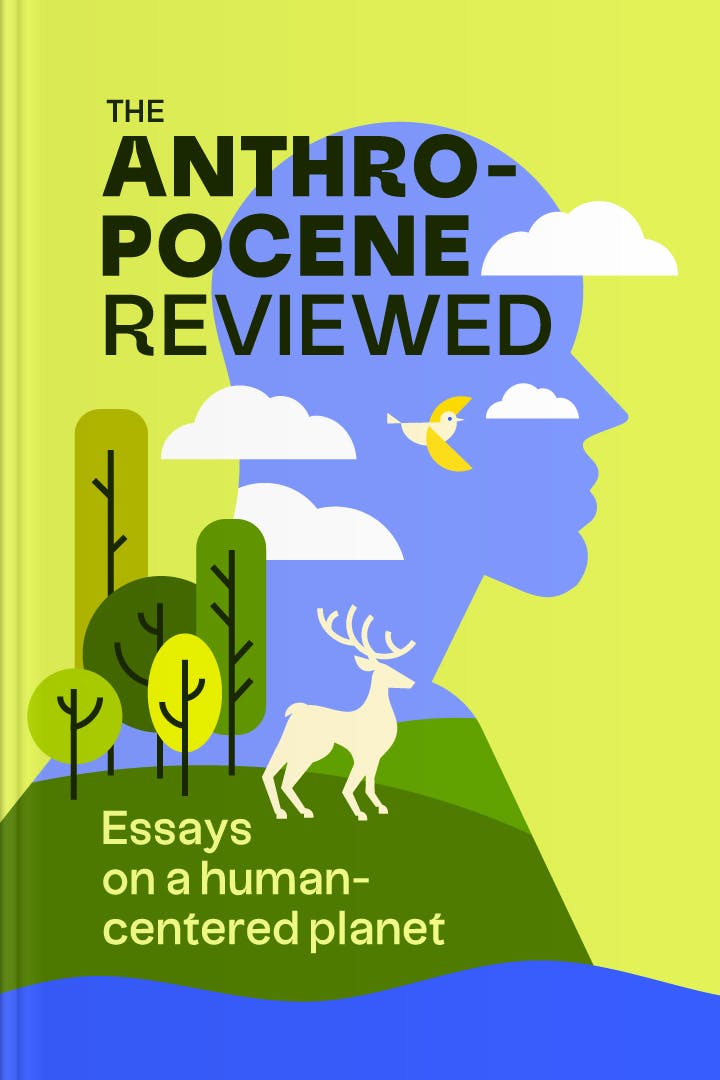 23
23The Anthropocene Reviewed
by John Green
What is The Anthropocene Reviewed about?
"The Anthropocene Reviewed" is a collection of thought-provoking essays by a renowned author. With a focus on the human impact on our planet, the book explores various aspects of our existence, from the mundane to the extraordinary. Through insightful and witty observations, the author delves into topics such as technology, animals, and historical events, offering a unique perspective on the human experience in the Anthropocene era.
Who should read The Anthropocene Reviewed
Fans of John Green's thought-provoking and insightful writing style.
Environmentalists and those interested in the impact of humans on the planet.
Readers seeking a unique blend of personal anecdotes and scientific analysis.
